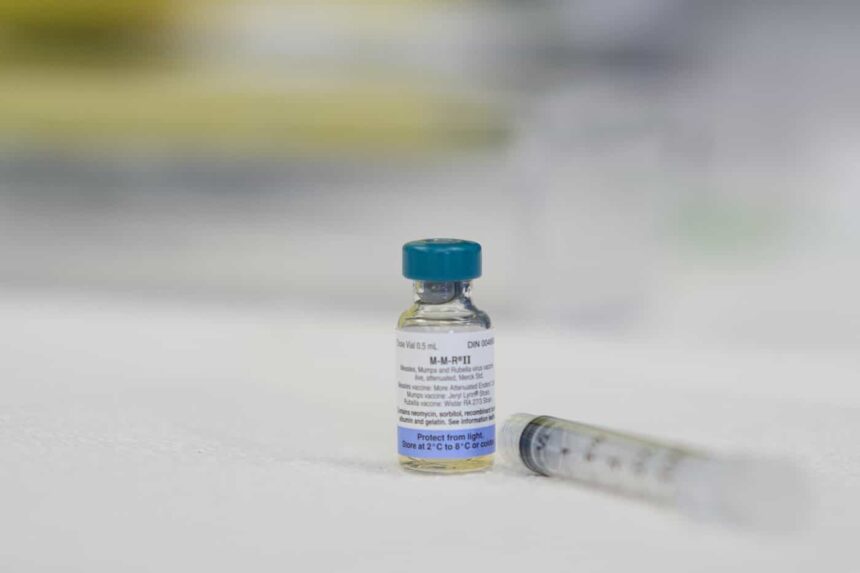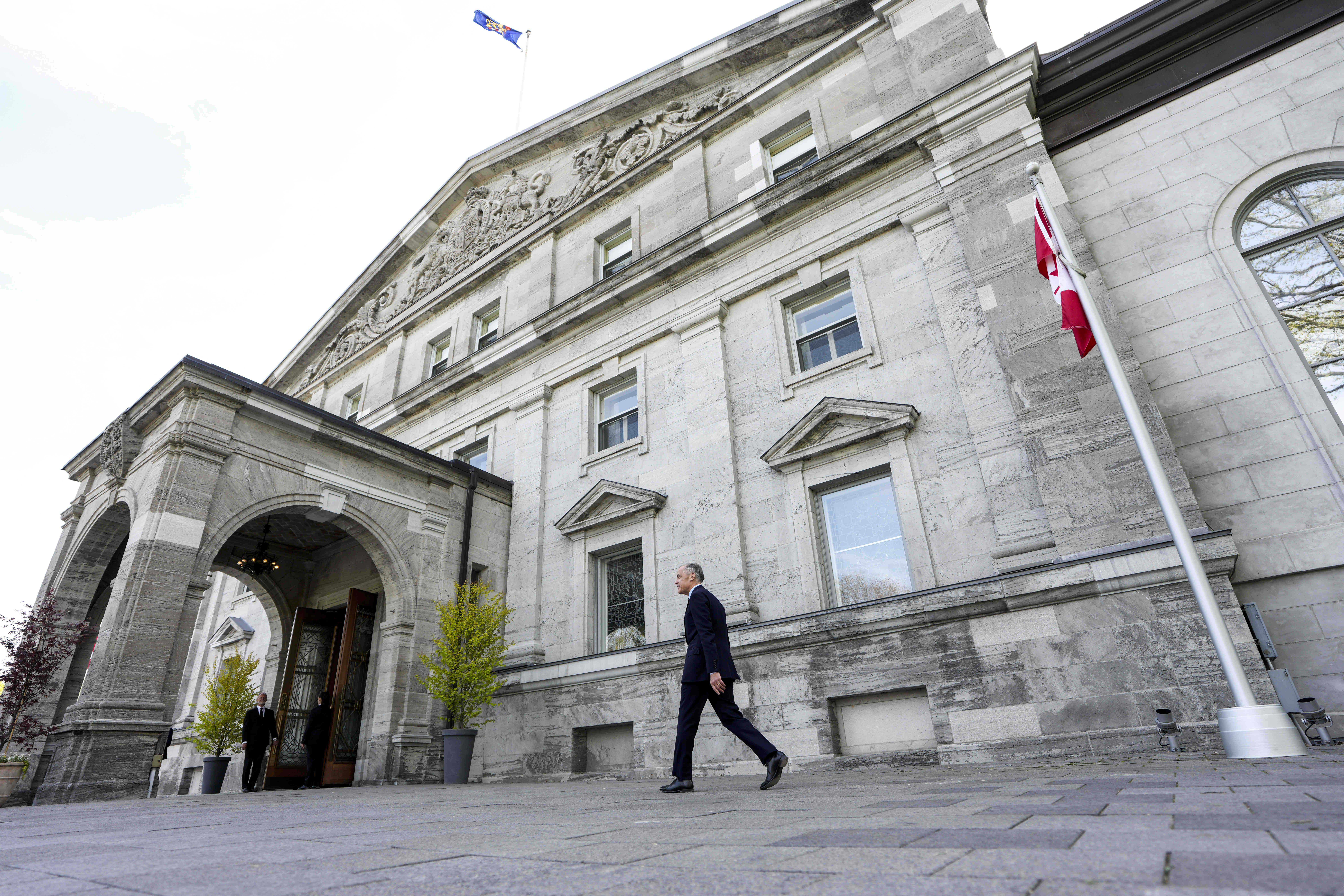In an alarming development for public health officials, Northern Health has identified two new probable cases of measles within its jurisdiction, though no additional confirmed cases have been reported at this time. The announcement comes amid growing concerns about vaccination rates and the potential for outbreaks in northern British Columbia communities.
The probable cases were identified through initial testing and symptom assessment, according to Dr. Rakel Kling, Medical Health Officer for Northern Health. “While we await final laboratory confirmation, we’re treating these cases with all necessary precautions,” Dr. Kling explained during yesterday’s briefing. “The individuals have been isolated, and we’re conducting thorough contact tracing to identify anyone who may have been exposed.”
Health authorities have declined to specify the exact communities affected, citing privacy concerns, but confirmed that the cases are not related to international travel. This suggests potential community transmission, which raises significant concerns for public health officials.
Measles is highly contagious, with the virus capable of remaining airborne for up to two hours after an infected person has left a room. The disease typically manifests with high fever, cough, runny nose, and a distinctive rash that spreads across the body. Complications can be severe, particularly in young children, pregnant women, and immunocompromised individuals.
“What’s particularly concerning about these probable cases is that they emerged in areas with lower-than-optimal vaccination rates,” noted infectious disease specialist Dr. Amita Shah, who is not directly involved in the Northern Health response but has studied vaccination trends in rural Canadian communities. “When community immunity drops below 95%, we start seeing the conditions that allow measles to spread rapidly.”
Northern Health has established temporary vaccination clinics in response to the probable cases, encouraging residents to ensure their MMR (measles, mumps, rubella) vaccinations are up to date. The health authority is particularly focused on reaching families with young children and individuals who may have missed their scheduled immunizations.
Provincial Health Officer Dr. Bonnie Henry emphasized the importance of vaccination during a press conference in Victoria. “Measles was essentially eliminated in Canada, but international travel and declining vaccination rates have allowed it to return,” she stated. “Each case represents a significant public health challenge and reminds us of the vital importance of maintaining high immunization rates.”
The identification of these probable cases follows a confirmed measles infection reported in the region last month, which was linked to international travel. Health officials are investigating whether there is any connection between that case and the current probable infections.
Community leaders have expressed concern about the potential impact on local schools and childcare facilities as the new academic year approaches. Northern Health has issued guidelines for educational institutions, recommending enhanced screening protocols and preparing for possible exclusion of unvaccinated students should confirmed cases emerge.
As British Columbia continues to navigate this public health challenge, the situation raises important questions about vaccination policies, public health communication, and community responsibility. How effectively can our healthcare system respond to vaccine-preventable diseases in an era of increased hesitancy and misinformation about immunization?










